

KENNESAW, Ga. | Mar 22, 2024
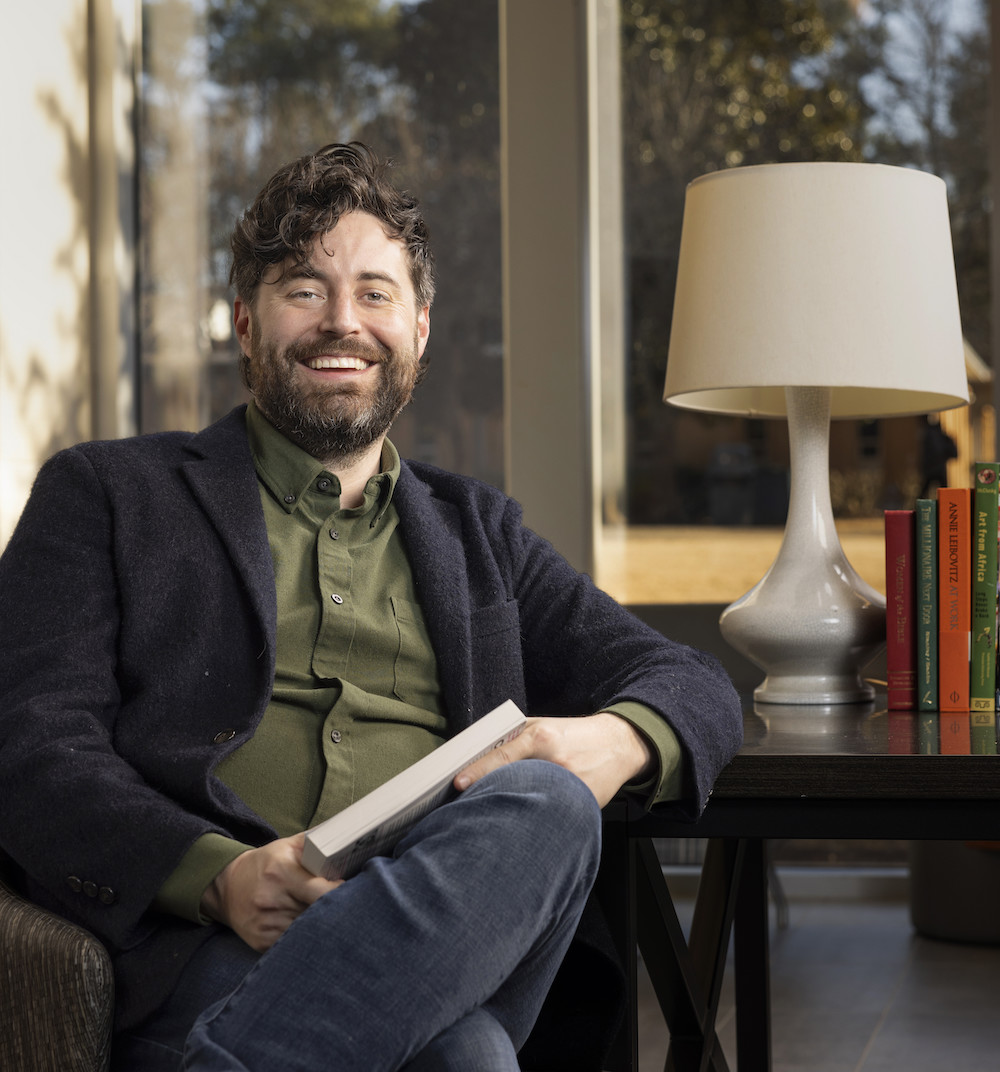
Conley is the author of “Boy Erased,” a 2016 Lambda-nominated memoir adapted into a major motion picture starring Lucas Hedges, Nicole Kidman and Russell Crowe.
“When director Joel Edgerton first told me he was considering Nicole Kidman for my mom and Russell Crowe for my dad, I just laughed,” Conley said. “I thought it was ridiculous, that it would never happen. I knew my mom would be flattered, but I wasn’t going to even tell her. Then, a few days later, Nicole said ‘yes.’”
Conley first broached the idea of his life story as a book when he was a graduate student.
“When I started sharing drafts of early chapters, I wanted to know if my classmates would judge my father in a way that I felt was unfair,” Conley said. “Through my writing, I hoped they would come to understand my father as a complex human being who defies many of the labels they may have about a Missionary Baptist preacher from small-town Arkansas. A lot of readers have preconceived notions about the South, and I want my work to offer a challenge to that readership.”
The path from finding the courage to tell his story to seeing it portrayed on the big screen was long and winding, but the journey is an important aspect of what he teaches his students at Kennesaw State.
“I never want my students to think luck wasn’t involved,” Conley said. “But there’s also a certain amount of grit and determination. Hopefully, you have talent, but that’s really the smallest part of the equation.”
Luck and grit intersected for Conley in 2013 when he attended a writer’s conference in Boston. That’s where a friend invited him to a party where he sat next to an influential writer and critic. Conley pitched the concept of his memoir, and the critic, immediately intrigued, invited him to meet her agent. A couple of sleepless weeks later with nonstop work drafting several more chapters of his memoir, Conley had a contract with that agent.
Getting an editor to agree to publish “Boy Erased” was one of the bigger challenges.“It felt niche to a lot of people,” Conley said.
One publisher, Penguin Random House, finally said yes. Conley had a year to complete the book.
“It felt like a dream to me,” Conley said. “I was nervous I wouldn’t be able to write it. I kept asking, ‘do I have it in me to write this?’”
Conley forged ahead, writing in the early mornings before dawn and teaching high school during the day. His book was published, and he soon realized it had not only opened eyes and started mainstream conversations, but his book was also saving lives.
“I got an email pretty early on from this 16-year-old student named Max,” Conley said. “His parents were pretty conservative, and they wouldn’t approve of the book at home. So, he would go to the library to read it, and his suicidal ideation would lessen. He’d go back to the library to read it until his suicidal thoughts disappeared altogether. He said he no longer felt alone. And I kept hearing things like that. After this letter, I was able to convince my publicity team that conversion therapy was a life-or-death situation, an issue we needed to push widely in the general public. We ended up working with the Human Rights Campaign, The Trevor Project, and many other fantastic organizations to ban conversion therapy. In many states, this became a rare bipartisan cause.”
Conley said the marketing of the book and later the film became urgent for him. He didn’t want anyone to feel alienated for questioning their beliefs.
“Boy Erased” was on the New York Times bestseller list for four weeks. Conley said one of his greatest life experiences during this time was getting to see his mom on a stage with Nicole Kidman in front of crowds of thousands.
“All my mom’s life she’d been told she had made a mistake by taking me out of conversion therapy. And suddenly, there’s this whole world here to applaud you for being a hero and saving your child,” Conley said. “My mom stole the show from Nicole Kidman, if you can believe it. That’s how charming my mom is. It was the gift of a lifetime. She literally saved my life, so to have that moment where she was celebrated so widely was incredibly profound.”
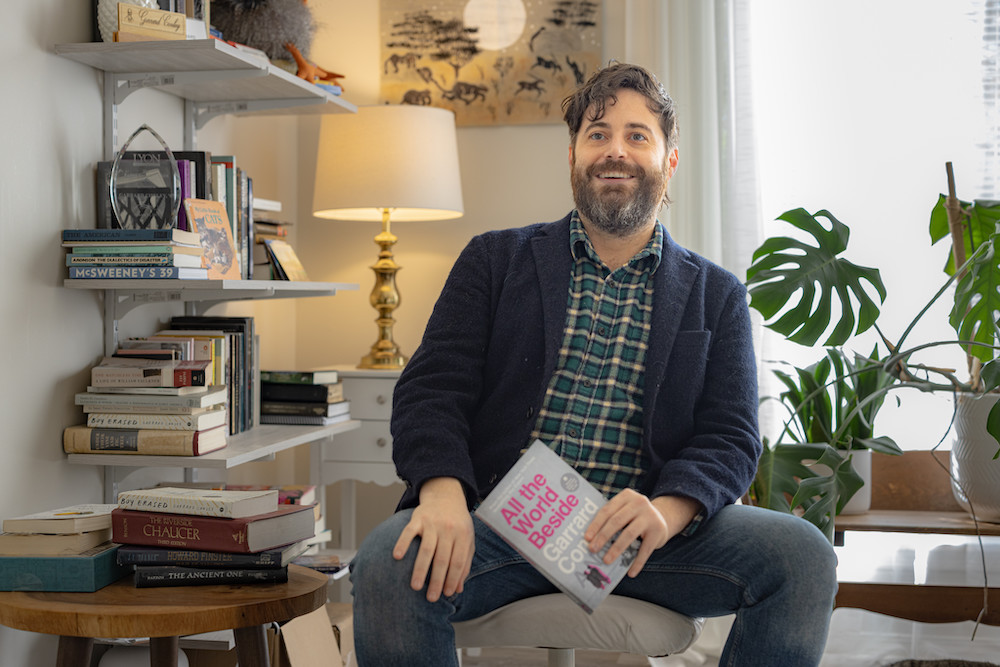
“I have over 500 sources for this book. I asked my graduate research assistant here at Kennesaw State, Aly Gilmore, to help organize all my research,” Conley said. “She was a miracle worker and tagged everything into categories like material culture, even things like what a table would look like in the 18th century. The texture of history is very important to my prose.”
Conley said the time period and genre may differ, but the theme of his new book is similar to “Boy Erased.”
“Yes, there’s a central love story in the middle of my new book, but the story is much bigger, just like ‘Boy Erased,’” Conley said. “It’s about family, forgiveness, and love. It’s an attempt to unerase people who existed in the past.”
Conley is as passionate about teaching as he is about writing. He had wanted a nonfiction tenured track position when he was looking for a teaching opportunity. After a brief visit from his residence in New York, he happily accepted an offer from Kennesaw State in 2020.
“I feel perfectly calibrated to the students here. I grew up in the South, and a lot of my students are very much like the people I grew up with,” Conley said. “I love that this university is dynamic and changing, and the students want to share their stories. They aren’t shy or pretentious. There isn’t a level of privilege that you get in other teaching institutions.”
Conley’s writings have literally changed and saved lives. He’s also mindful of his power to mold lives in the creative writing classes he teaches at the university.
“We talk about being vulnerable in our pieces,” Conley said. “I push my students to write with compassion and to treat their subjects with respect. Good fiction and good nonfiction have to make us see perspectives we didn’t consider. The students here are willing to listen, grow, and learn. I think there’s some special magic at KSU that I’m not quite sure I entirely understand, but it’s here.”
Conley will be on a book tour throughout the spring, but will be returning to the classroom at Kennesaw State next fall.
This article also appears in the current issue of Kennesaw State’s Summit Magazine.
– Amanda Cook
Photos by Darnell Wilburn
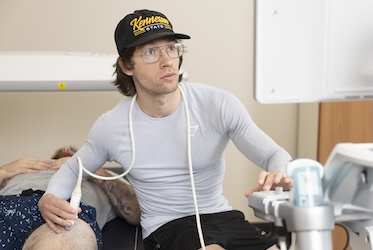
KSU student researchers to share findings at Georgia Capitol
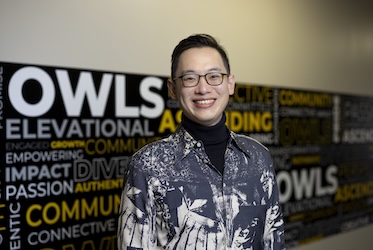
Finding love at first swipe: Kennesaw State research shows how to win at dating apps
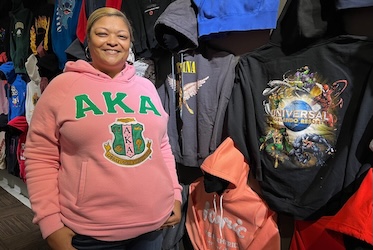
Kennesaw State associate professor co-curates hoodie exhibit at Museum of Design Atlanta
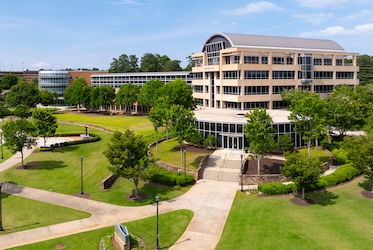
Kennesaw State among nation's top universities for online degrees in U.S. News rankings
A leader in innovative teaching and learning, Kennesaw State University offers undergraduate, graduate, and doctoral degrees to its more than 51,000 students. Kennesaw State is a member of the University System of Georgia with 11 academic colleges. The university's vibrant campus culture, diverse population, strong global ties, and entrepreneurial spirit draw students from throughout the country and the world. Kennesaw State is a Carnegie-designated doctoral research institution (R2), placing it among an elite group of only 8 percent of U.S. colleges and universities with an R1 or R2 status. For more information, visit kennesaw.edu.